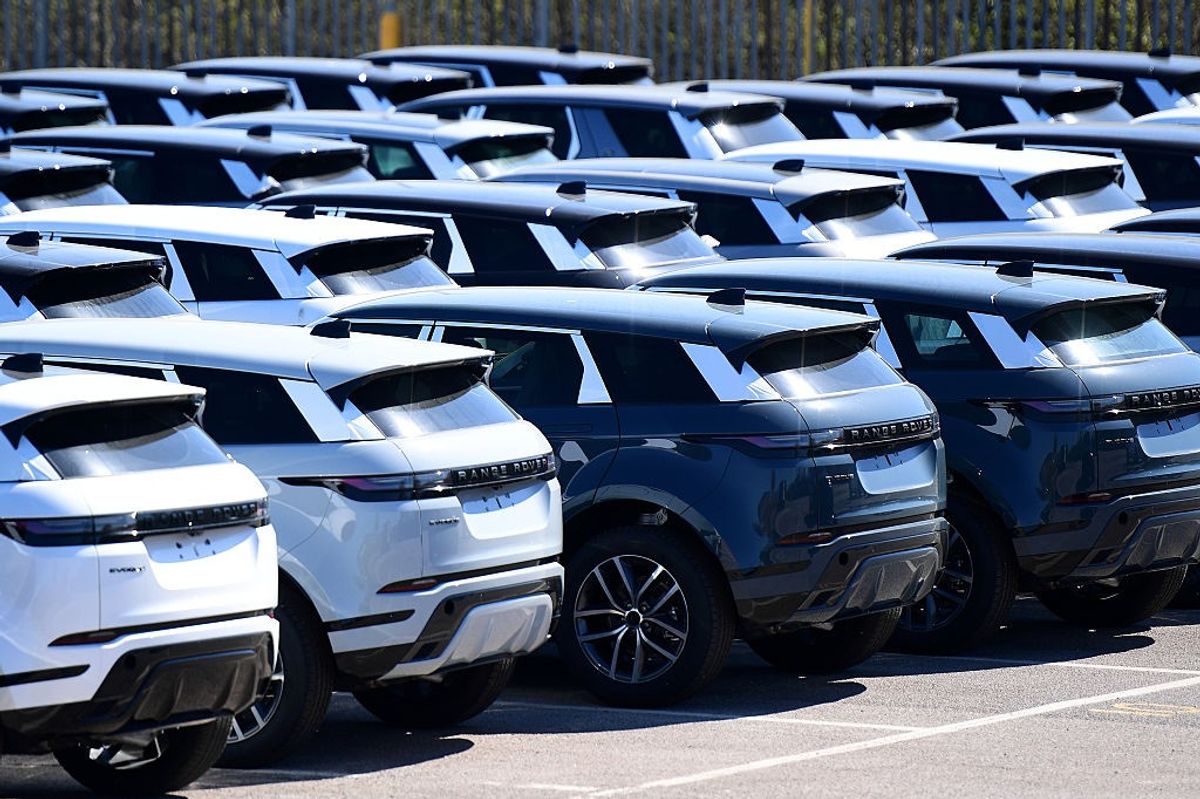Britain's economy barely expanded in the third quarter, held back by September's cyberattack on Jaguar Land Rover, according to data on Thursday that underlined the backdrop of slow growth as chancellor Rachel Reeves readies her budget.
The economy grew 0.1 per cent in the third quarter of 2025, the Office for National Statistics said, slowing from growth of 0.3 per cent in the second quarter.
Economists polled by Reuters, as well as the Bank of England, had forecast 0.2 per cent growth in gross domestic product for the July-September period.
In September alone, the economy contracted by 0.1 per cent, against expectations for a flat reading.
The growth figure comes after official data this week showed UK unemployment rising more than expected to 5.0 percent in the third quarter, ahead of the November 26 budget.
Prime minister Keir Starmer's Labour party has struggled to consistently grow the economy since returning to power in July 2024 following 14 years of Conservative party rule.
Many analysts blame the weak growth largely on a decision by Reeves to increase a tax on businesses in her first budget last year.
She has indicated that taxes could rise on some salaries in the upcoming budget to help drive down government debt and to fund public services.
'Sluggish growth trajectory'
"The UK's unrelentingly sluggish growth trajectory is a headache for the chancellor as it will inevitably mean a substantial fiscal shortfall at the budget, making major tax hikes look unavoidable," said Suren Thiru, economics director at the ICAEW trade body for chartered accountants.
The ONS reported a 28.6 per cent collapse in the production of motor vehicles in September, the biggest such drop since April 2020 during the onset of the COVID-19 pandemic.
Overall, motor vehicles subtracted 0.17 percentage points from GDP growth in September alone and 0.06 percentage points for the third quarter as a whole.
The ONS cited a report from the SMMT motor industry trade body that described how "a cyber incident paused production at a major manufacturer".
JLR, owned by India's Tata Motors, has three factories in Britain, which together produce about 1,000 cars per day.
The hack cost the British economy an estimated £1.9 billion and affected over 5,000 organisations, an independent cybersecurity body said in a report published last month.
A fall in commercial vehicle production in September added to the sector's woes.
The Bank of England expects to see the economy rebound in the fourth quarter with a 0.3 per cent expansion.
In response to the figures, Reeves highlighted the fact that Britain had the fastest-growing economy among Group of Seven nations over the first half of 2025, but said there was more to do.
"At my budget later this month, I will take the fair decisions to build a strong economy," she added.
The latest quarterly figure was well below the 0.7-percent growth recorded in the first three months of the year.
Despite the weak growth, the Bank of England left its key interest rate unchanged in November as annual inflation rested far above the central bank's two-percent target.
However, the third-quarter growth data "all but seals a December rate cut when added to the weak jobs data" this week, predicted Rob Wood, chief UK economist at Pantheon Macroeconomics.


